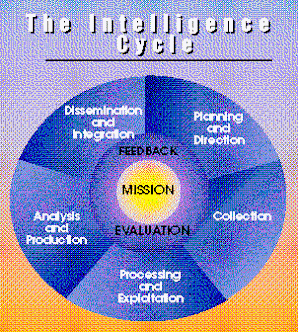Air India: How a massive intelligence failure led to 329 deaths
In the fall of 1984, three men secretly met to discuss a dark plot, placing a bomb aboard an Air India passenger jet in Montreal. A briefcase full of cash was shown as proof of funding and intent. Not long afterward, two of those three men had independently snitched to police. “There’s a plot to put a bomb on an airplane, right?” a Vancouver police officer asked one of the men during his interview with him. “Yeah…Maybe two,” the man replied. “What kind of airplane?” he was asked. “Air India 747.” “Is this going to be leaving from Montreal?” “Yes.”
With such early warnings and potential inside access, perhaps the most astounding aspect of the Air India tragedy is that it happened at all. Alas, seven month later, on June 23, 1985, a conspiracy of failure unfolded: Air India Flight 182 departed Montreal and exploded mid-fight, killing all 329 passengers and crew. Fumbling the early warnings from the two informants, however, was only the beginning. Many costly and humiliating mistakes — correcting any of which might have saved all on board — are documented in the final report of the Commission of Inquiry into the Air India bombing released yesterday.
“This remains the largest mass murder in Canadian history, and was the result of a cascading series of errors,” the report says. Other advance warnings were similarly ignored or fumbled. It took more than five months for CSIS to get a warrant to monitor telephone conversations of Talwinder Singh Parmar, a man wanted for murder in India who was travelling across Canada preaching violence to avenge the Indian government’s attack on the Golden Temple in Punjab. “What if there had been an additional five months of intelligence?” the report asks. Could it have provided “sufficient intelligence to prevent the bombing?”


0 comments:
Post a Comment